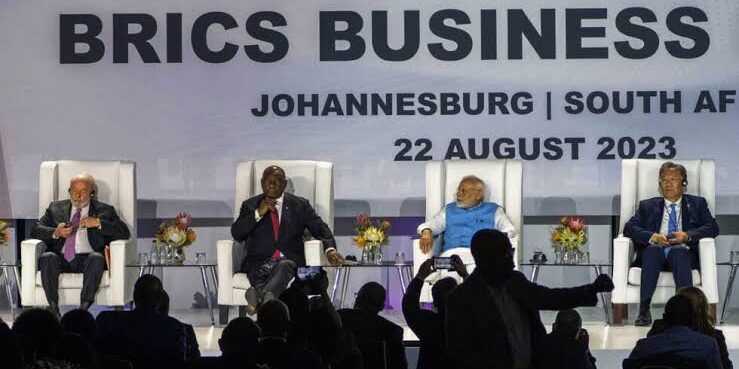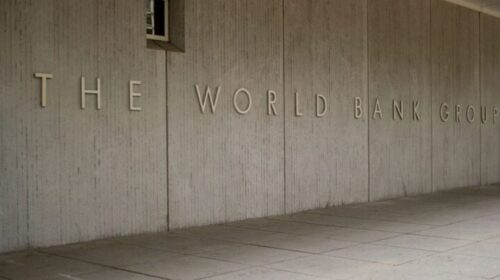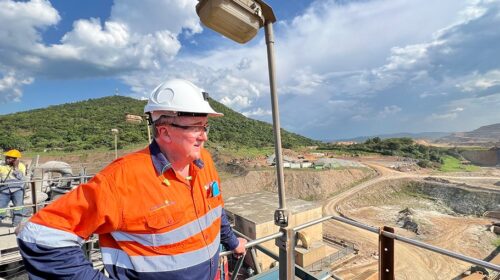15th BRICS summit: South Africa Urges China for Economic Paradigm Shift
After the failures noted in the Chinese economic approach relying on the development of infrastructure in underdeveloped countries in Africa following the “Belt and Road” initiative led by Chinese President Xi Jinping in 2013, several African countries have called China to reorient its economic paradigm towards the local industrialization of African countries.
The announcement was reported by the head of African Affairs for China, Wu Peng, during a press briefing held on Tuesday, August 22, 2023, in South Africa, on the sidelines of the 15th BRICS summit.
“African integration is already deepening and many African countries (have) asked China to consider (a) change (in) our direction,” said the Director-General of the Chinese Department of African Affairs at the Ministry of Foreign Affairs. foreign, Wu Peng.
Among the needs raised by African countries, Wu Peng cites in particular:
1° The need for China to move from infrastructure development to the local industrialization of African countries;
2° The accompaniment of China for the establishment of the African Continental Free Trade Agreement (ZLECAF) with a view to strengthening China’s strategic change, aimed at promoting duty-free trade between African countries.
According to statistics from Boston University, Chinese lenders, largely state-owned banks, have pledged to finance $160 billion to African countries between 2000 and 2020. However, the facts on the ground seem to show otherwise.
In twenty (20) years, China has helped African countries build more than 13,000 km of railways, nearly 100,000 km of highways, about 1,000 bridges, some 100 ports and more than 80 major power stations.
China has also taken part in the construction of more than 130 medical centers, 45 sports facilities and more than 170 schools, trained more than 160,000 professionals in various fields.
In general, the Chinese envelope planned to develop infrastructure in Africa was valued at 28.4 billion dollars, and this, three years after the announcement of the initiative.
Shortly after, the envelope was revised downwards by Beijing without any valid justification, going from 28.4 billion dollars in 2016 to 1.9 billion dollars in 2020.
![]()





